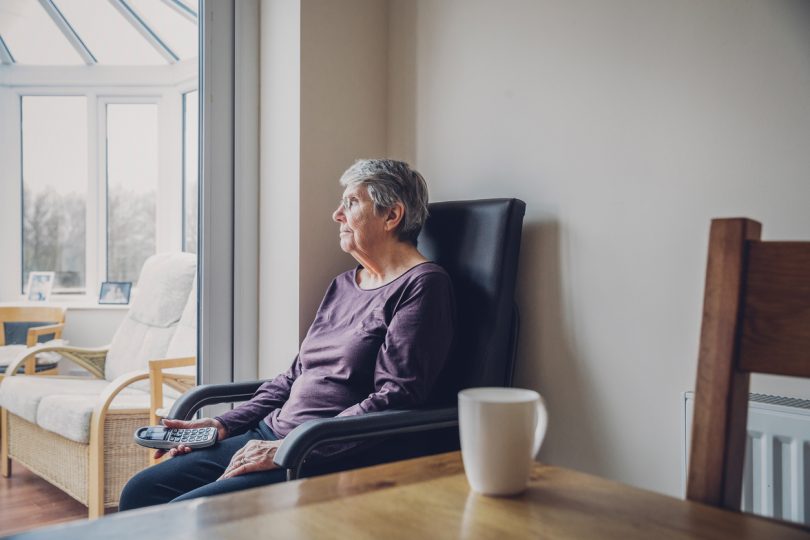
Women face greater disadvantage in relation to their superannuation. RSM explains.
Women who raise children and care for ailing members of their family are often left with the least amount of superannuation for their retirement.
Across Australia, most women have on average about $157,000 in their superannuation fund when they retire.
According to RSM Australia, this is woefully inadequate and well below the recommended amount of $545,000 required for a single person to achieve a comfortable lifestyle in retirement (as per the Association of Superannuation Funds of Australia (ASFA) retirement standard 2018).
Chris Oates, a Senior Financial Adviser with RSM in Canberra, says the average balance for women is about $120,000 less than an average man’s superannuation balance. “Super in general is pretty much under-catered for, but women seem to get the worst of it,” Chris says.
The gender superannuation gap is about 47 per cent, based on ASFA reports. Michelle van Lier, also of RSM, says there are several reasons for this anomaly.
“There is the issue of less pay for the same work, but predominantly, women are more likely to take time off work to have children, and then they only return to the workforce part-time to balance their family and work obligations,” Michelle says.
“In addition, women are much more likely to take time off to care for a loved one, like an ailing parent. Career breaks leave a big hole in building that superannuation balance,” she says.
A chartered accountant and Self-Managed Super Fund Specialist AdvisorTM, Michelle is a Senior Manager in RSM’s business advisory division.
She says to remedy these shortfalls in super, RSM’s primary focus is to empower women through education, firstly by making them aware of these differences.
“The earlier women get involved with their own super and make sure they become financially literate as well, the earlier they engage, the bigger the resulting change can be,” Michelle says. “It is the old adage, from little things big things can grow. The earlier you can take control of your superannuation and have a positive effect, the greater the potential outcome when you retire.”
Around 80 per cent of women will retire with inadequate savings to fund a comfortable lifestyle in retirement. One in three have no super at all (ASFA 2018)
Chris says there is also the opportunity to split some of your superannuation contributions for your partner each year and this might be a way to increase financial security for the partner who has taken time off to look after children.
Chris also says “It is really important to get an advisor to look at whether you are in an appropriate superannuation account and secondly, whether you have selected investments that best meet your goals.”
Michelle says that “Women tend to be more on the conservative side when it comes to investing, so we tend not to like to step out and take risks.”
While this can be prudent, it can also mean money is left in cash deposits and not growing to its full potential.
Michelle also says separation in marriage can be devastating for a woman’s superannuation.
“A woman who has taken time off work to raise a child or multiple children, only to see that relationship fail, can end up penniless without that superannuation support. So it is crucial that women seek education about their finances and ensure they seek advice if and when relationships break down. A lot of women may not realise that superannuation is a splittable asset under family law. They should ensure they are providing for their immediate financial future and for their retirement as well, as part of that family settlement process.” The same applies for de facto and same-sex relationships.
Recently there has been much in the media about banks and other financial institutions misappropriating assets and under-performing funds, which has drawn people’s attention to their financial security. The good news is women are becoming more aware, more empowered and must continue on this journey, according to RSM.
To speak with our RSM Financial Advisers about your superannuation, call 02 6217 0300 or visit RSM Australia.
This article has been prepared by RSM Financial Services Australia Pty Ltd ABN 22 009 176 354, AFS Licence No. 238282. This article does not take into account your individual objectives, financial situation or needs. You should assess whether the information is appropriate for you and consider talking to a financial adviser before making an investment decision.
Original Article published by John Thistleton on The RiotACT.


What's Your Opinion?